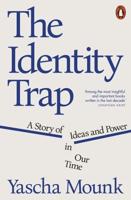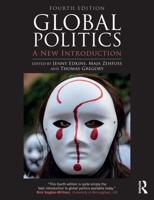Publisher's Synopsis
For the first time, the question whether town-meeting democracy entails more or less democracy than ballot-box voting is examined by means of a broad empirical comparison between modern assembly democracies and ballot-box democracies. Based on systematic analyses of three decades of democratic practice in the Swiss cantons, this thesis shows that the citizen assembly and the ballot box each have their specific democratic strengths and weaknesses while being on a par in many respects. Some long-standing propositions are refuted, others corroborated, and hitherto unknown patterns revealed. Moreover, the thesis develops conceptual innovations for a fine-grained measurement of the quality of democracy and for differentiating between assembly and ballot-box democracy. It also presents systematic overviews of the recent history of participatory institutions in the small Swiss cantons and of the international state of research on assembly democracy.










